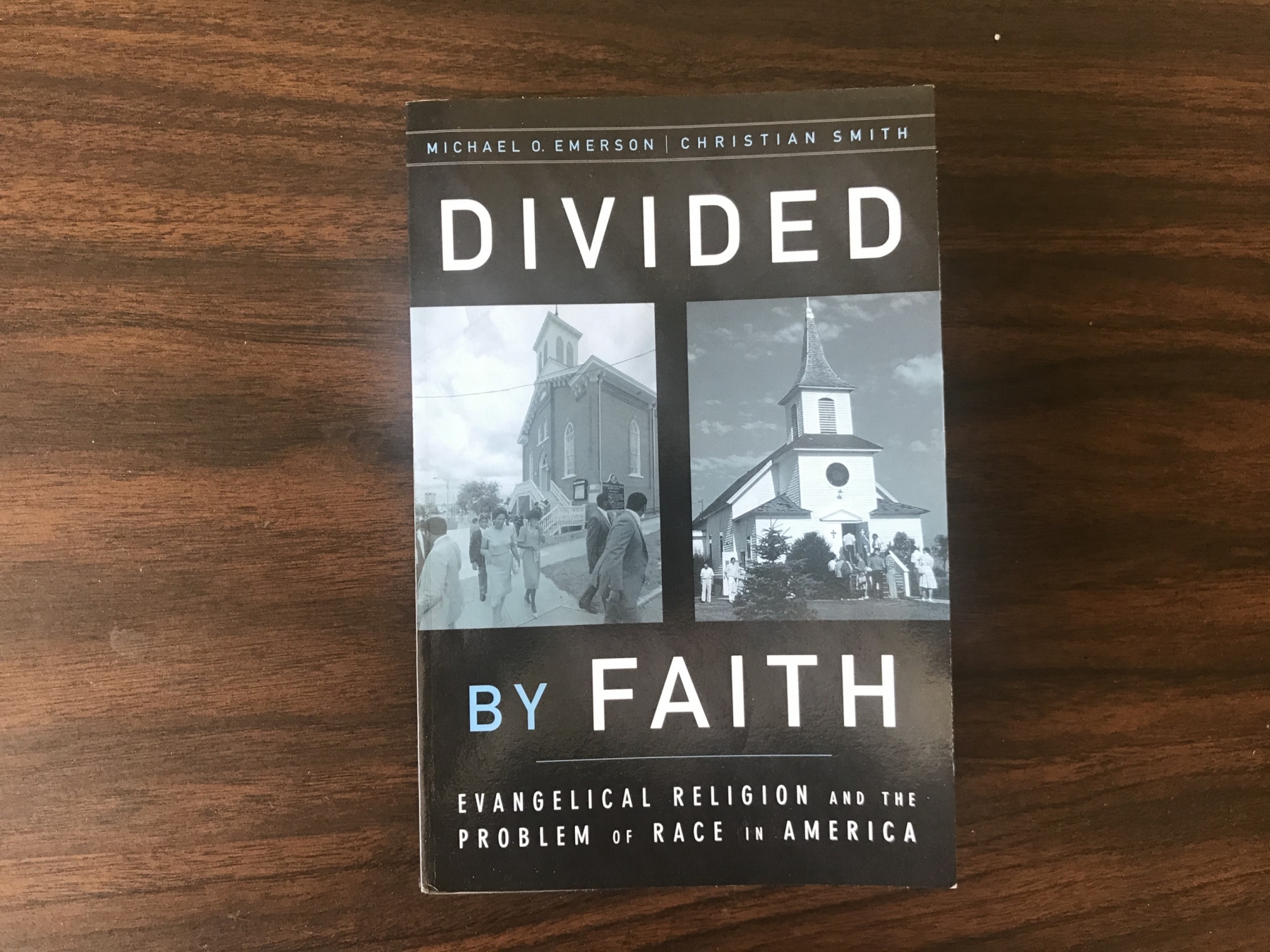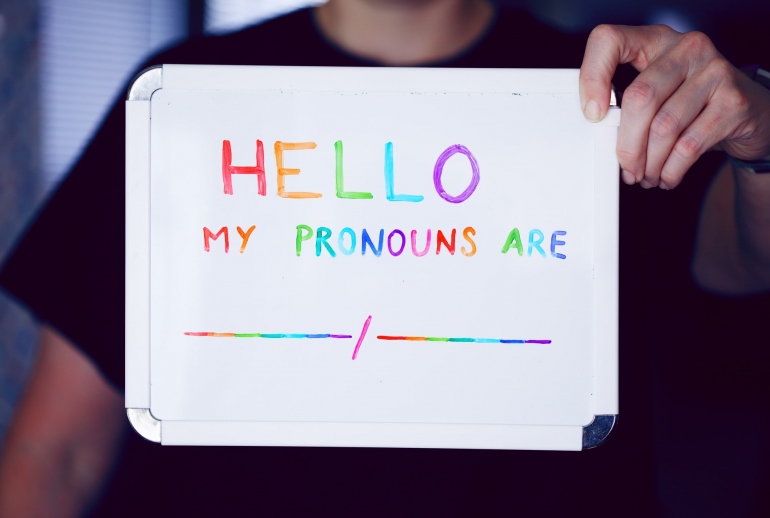It’s tempting to think that if we are personally virtuous in terms of race—not prejudiced, opposed to discrimination and racism, committed to the biblical belief that all person’s bear God’s image, willing to have Black friends and colleagues—then we have nothing to worry about. Regarding racism at least, our conscience is clear. We honestly can’t think of a single thing we have done to enhance the racial inequality that has long plagued America. We are anti-slavery and to the best of our knowledge no ancestor owned slaves. We are pro-equality and find racial prejudice to be despicable. So, we bear no responsibility for the civil unrest that has roiled American society since George Floyd’s murder on May 25, 2020, or for the horrible racism that underlies it. As I say, our conscience is clear.
If only things were that simple.
And if you think things are this simple, read Divided by Faith: Evangelical Religion and the Problem of Race in America. It demonstrates—based on careful sociological research—how this simplistic view of sin and responsibility is mistaken. “Our argument is that evangelicals desire to end racial division and inequality, and attempt to think and act accordingly,” the authors conclude. “But, in the process, they likely do more to perpetuate the racial divide than they do to tear it down.” (p. viii). Author Michael Emerson is professor and head of the department of sociology at the University of Illinois, Chicago; co-author Christian Smith is the William R. Kenan Jr. Professor of Sociology at the University of Notre Dame. Both are Christians as well as sociologists, and it was clear to me as I read that their desire is not to assign blame but to promote healing, to help evangelicals think through what it means to be faithful in a world of racial inequality and unrest.
Though based on sociological research—the study data is found in Appendices; extensive Notes and Bibliography are included—Divided by Faith is accessible, written for a thoughtful lay audience. Some of the reasons many accept the simplistic view of personal virtue and racial inequality are identified as “cultural tools” White evangelicals have adopted to make sense of their world. These values, assumed to be true and so rarely questioned, need to be examined in light of the truth of Scripture. Such assumptions work in the background of our lives, in this case keeping the practice of faith to be misaligned with what is professed to be believed.
White evangelicals claim to believe in Christ’s Lordship across all of life and culture, in truth, in repentance, in community, in the dignity and equality of all persons, and in the power of the gospel to change lives, communities, and cultures. These claims are easy to profess and sing about but more difficult to embrace when challenged by the findings of Emerson and Smith in Divided by Faith. Must we not assume the White evangelical community has been providentially provided this cultural moment as a test of these convictions?
Divided by Faith is must reading.
Book recommended: Divided by Faith: Evangelical Religion & the Problem of Race in America by Michael O. Emerson & Christian Smith (New York, NY: Oxford University Press; 2000) 172 pages + appendices + notes + bibliography + index.
Photo credit: taken by the author with his trusty iPhone.



